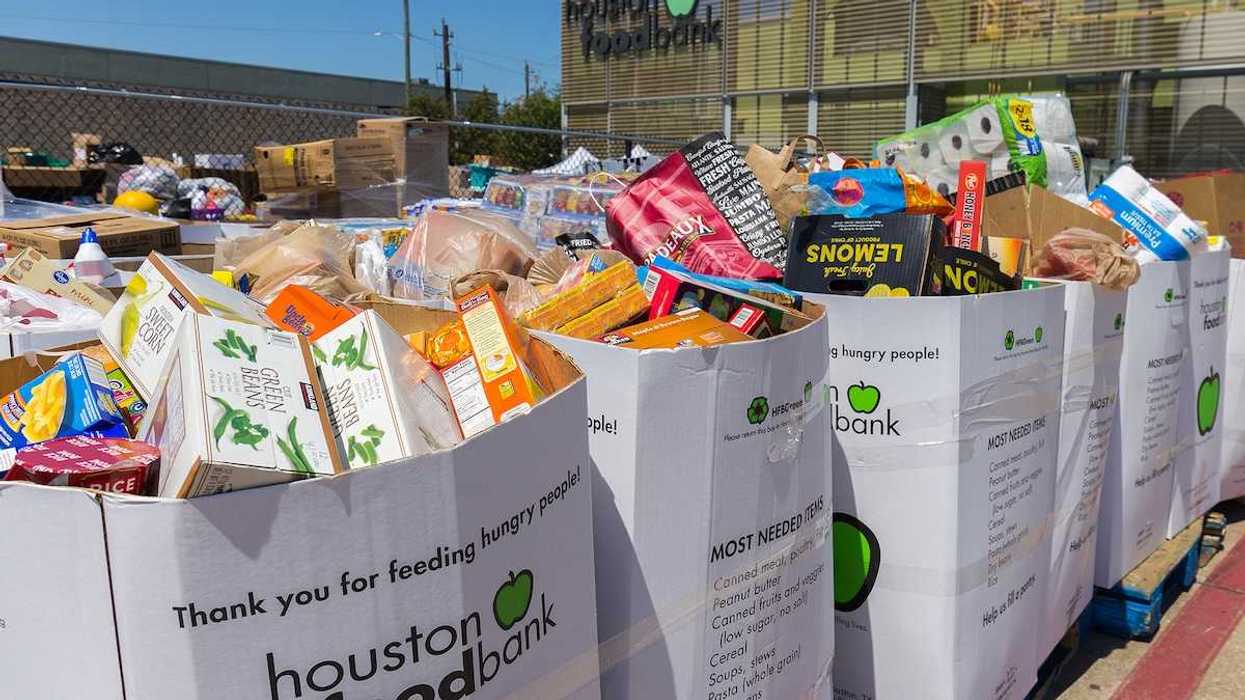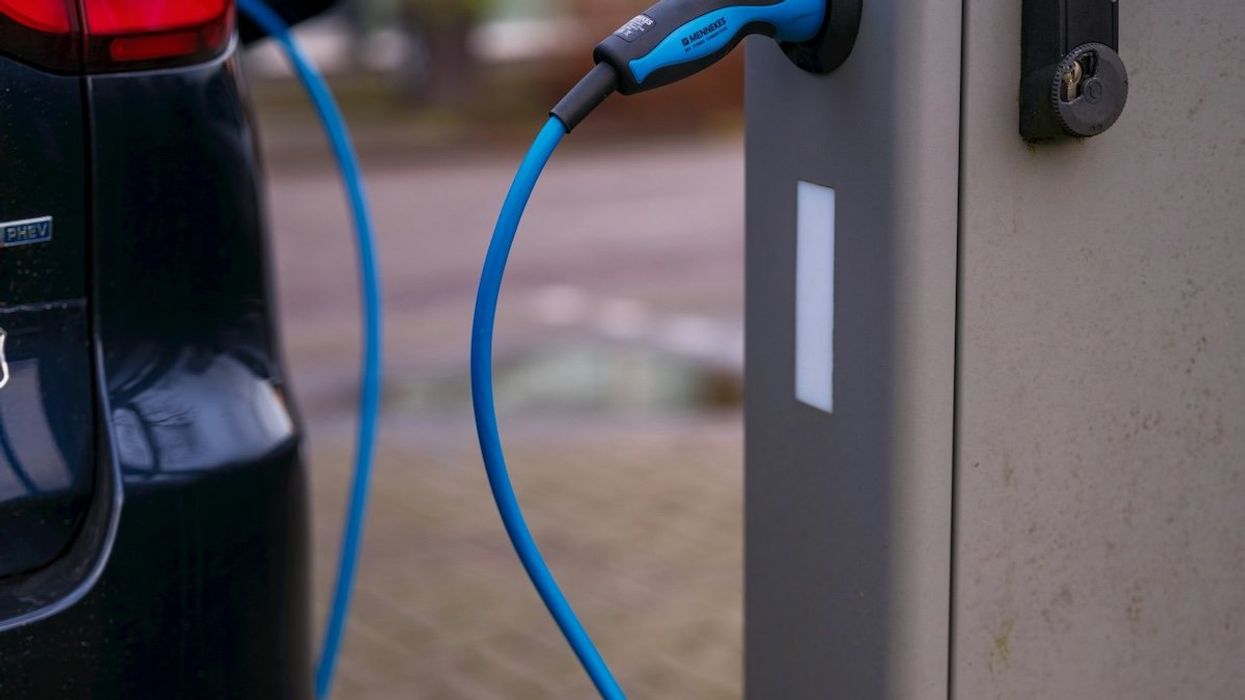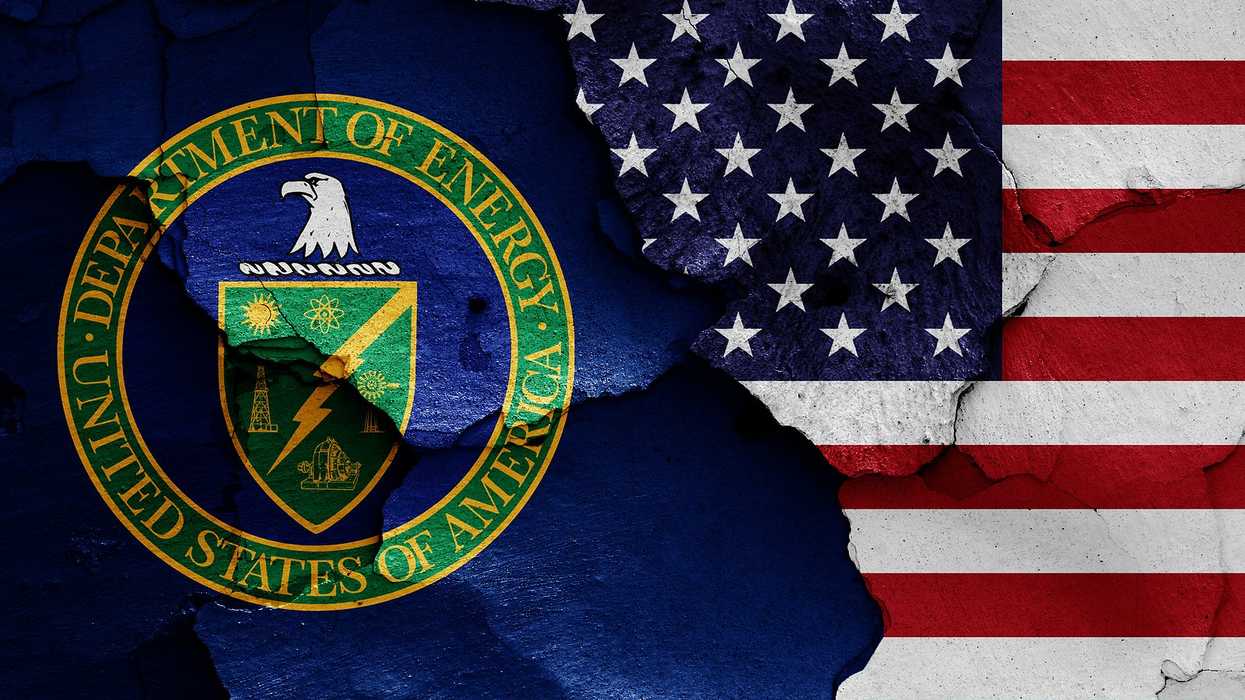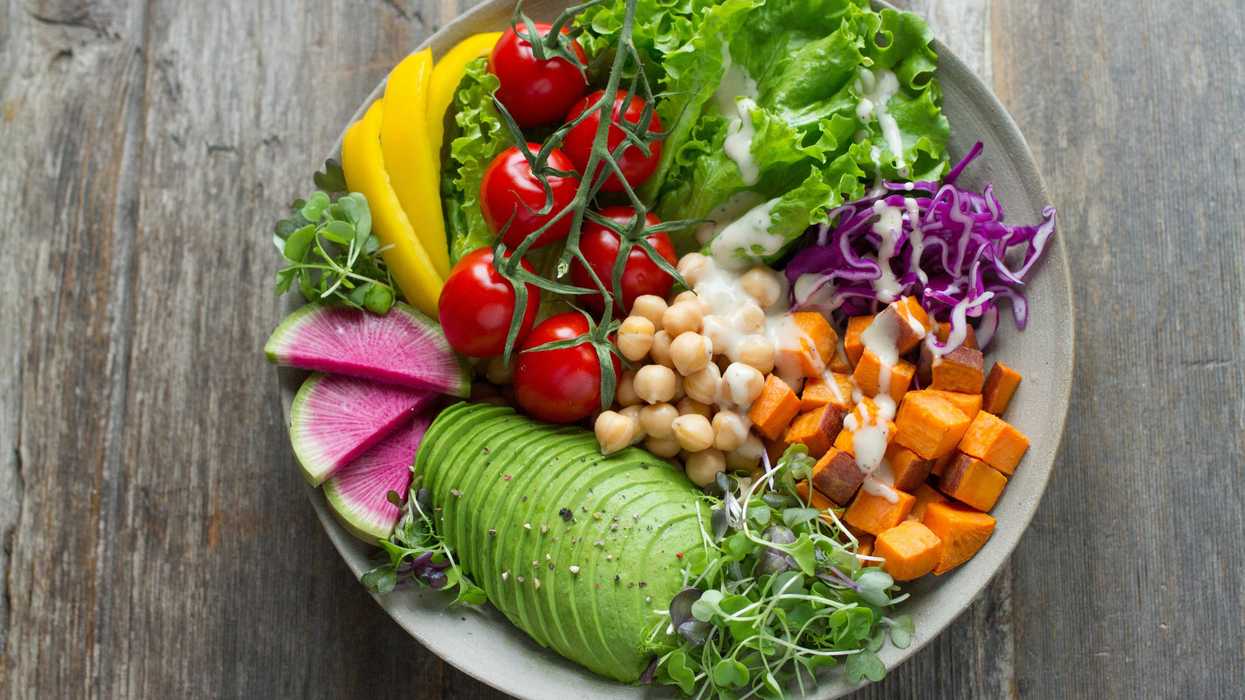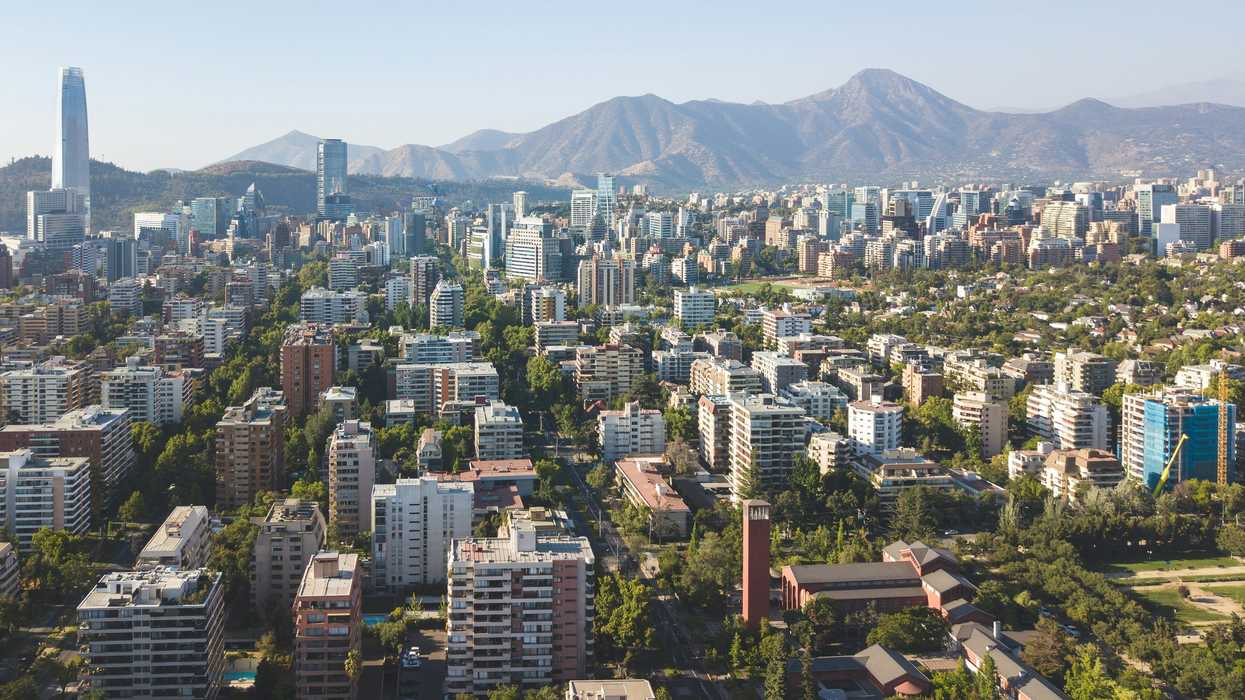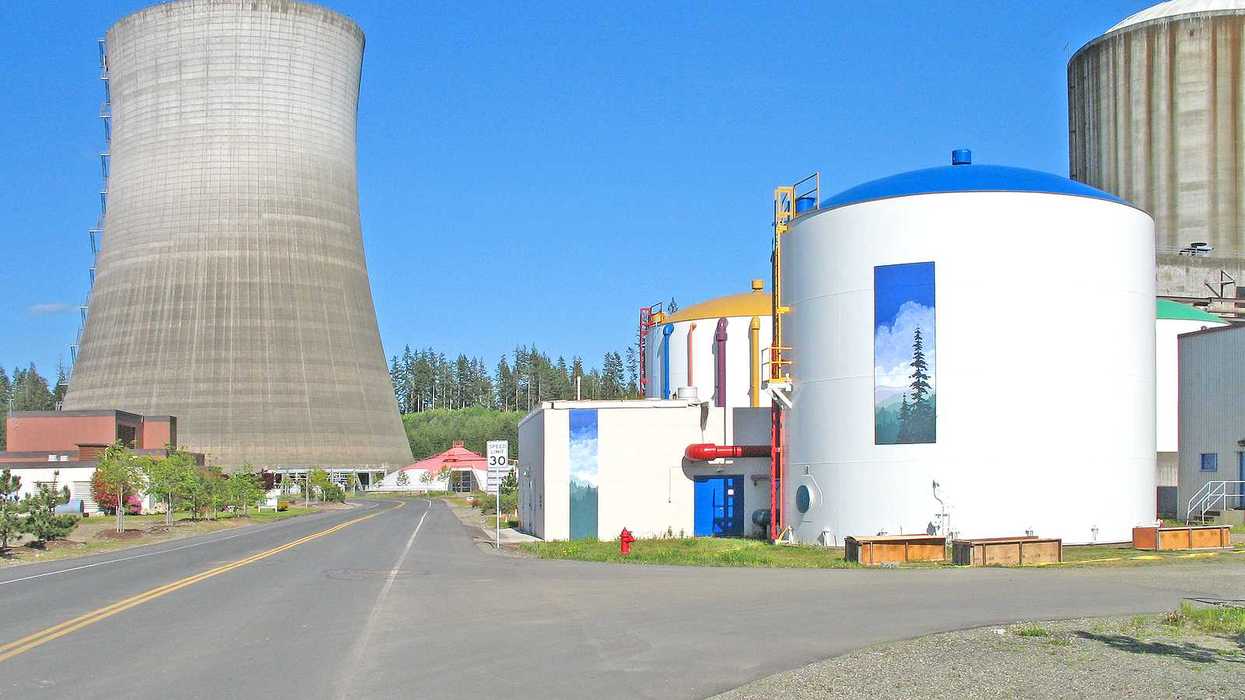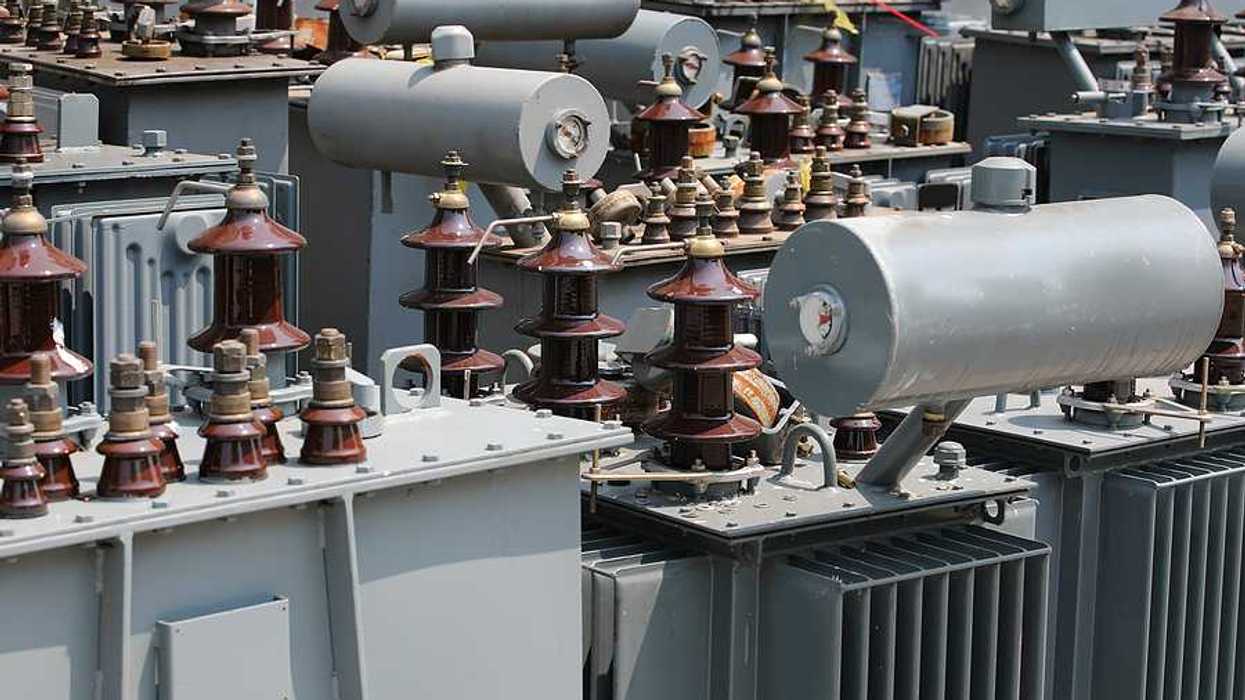Home fertilizers made from treated sewage sludge may contain PFAS, chemicals linked to health risks, prompting concerns about contamination in soil, water and food.
Allyson Chiu reports for The Washington Post.
In short:
- The EPA warns that biosolids-based fertilizers can contain PFAS, which may pose risks to home gardeners, their crops and the environment.
- A study found PFAS in all tested home fertilizers, with most exceeding Maine’s strictest safety limits for farm use.
- Experts suggest using organic-certified fertilizers, applying products carefully and wearing protective gear to reduce exposure.
Key quote:
“People should be able to make an informed decision in terms of what we are applying to our gardens.”
— Michael Mashtare, assistant professor at Penn State
Why this matters:
Once in the food chain, PFAS are difficult to remove. Research suggests plants can take up these chemicals from contaminated soil and water, though the extent varies depending on the crop and environmental conditions. The concern extends beyond home gardens to larger agricultural systems, where PFAS-tainted irrigation or soil amendments may contribute to broader food supply contamination. The regulatory landscape surrounding PFAS is evolving, with some states taking steps to limit their use in consumer products, but federal oversight remains a work in progress.
Read more from EHN: How toxic PFAS chemicals could be making their way into food from Pennsylvania farms




